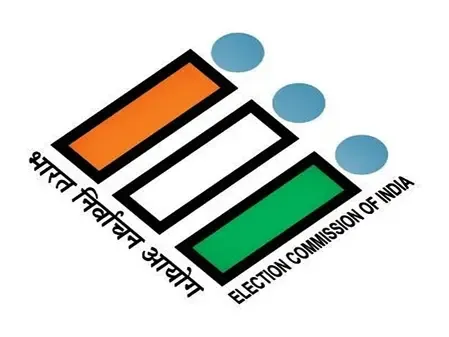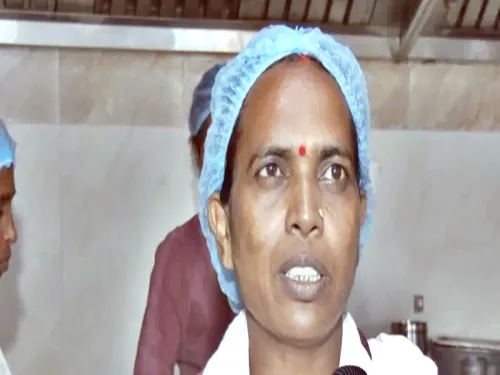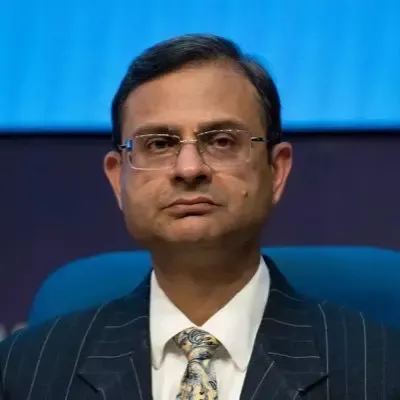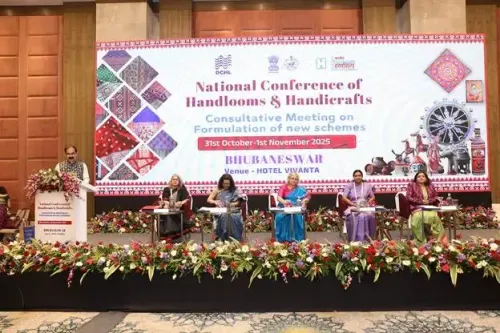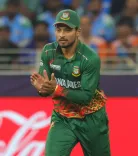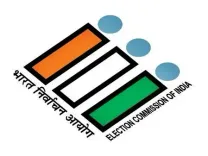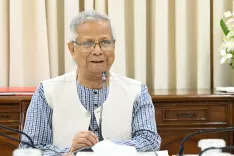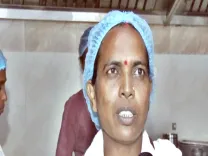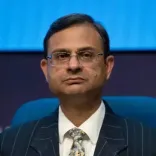DMK Legal Wing Conference: Sibal and Quraishi Warn Against ‘One Nation, One Election’ Impact on States
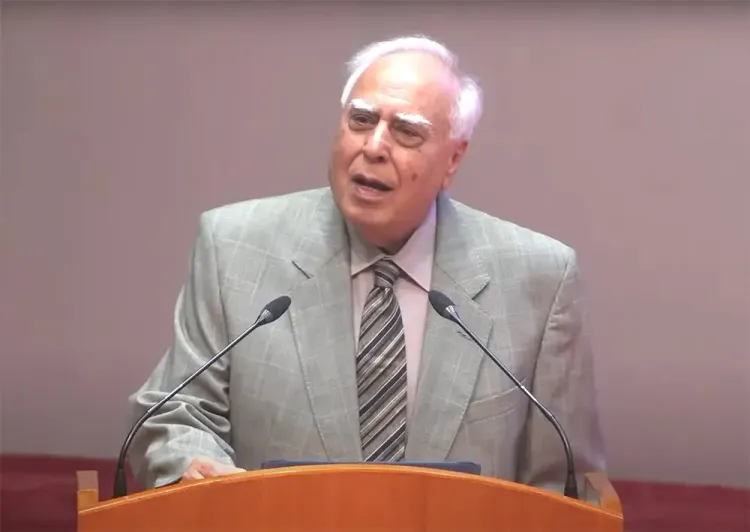
Synopsis
Key Takeaways
- Kapil Sibal and S.Y. Quraishi oppose ‘One Nation, One Election’.
- They argue it harms state importance and federal structure.
- The proposal lacks national debate and consultation.
- Concerns raised about diverse state challenges under uniform elections.
- Tamil Nadu's leadership strongly opposes the initiative.
Chennai, Jan 18 (NationPress) Senior Supreme Court advocate Kapil Sibal and former Chief Election Commissioner of India, S.Y. Quraishi, have expressed strong opposition to the ‘One Nation, One Election’ initiative, claiming it would adversely affect states and diminish their regional importance.
They shared their insights during a panel discussion at the DMK Legal Wing Conference in Chennai on Saturday.
The panel also included prominent journalist N. Ram.
The third state conference of the DMK Legal Wing was inaugurated by the party’s general secretary, Duraimurugan, at St. George’s Anglo-Indian School.
During the dialogue, Kapil Sibal stated, “India is a union of states — this is enshrined in the Preamble of our Constitution. By advancing this proposal, you are undermining the states and attempting to dismantle the foundational structure of our democracy.”
He elaborated, “One nation, one vote. One nation, one religion. One nation, one language. One nation, one political party. This is the direction you are heading towards. You are eroding the essence of our Republic.”
“This idea is being forced upon us without a national debate or consultation with political parties. However, I believe the people of India will not accept this, and I am confident that Tamil Nadu will strongly oppose it.”
Sibal, who serves as a Rajya Sabha Member of Parliament, emphasized that the ‘One Nation, One Election’ policy would negatively impact India’s federal structure.
He raised concerns about how the performance of state governments could be accurately assessed under a uniform electoral system, considering the diverse challenges faced by different states.
“For instance, the issues in Tamil Nadu’s education sector are vastly different from those in Uttar Pradesh,” he pointed out.
Duraimurugan, who is also Tamil Nadu’s Water Resources Minister, mentioned that DMK president and Tamil Nadu Chief Minister M.K. Stalin would address the conference later that evening.
Senior journalist N. Ram also voiced his concerns, criticizing the Central government for pushing this policy despite lacking a clear majority.
“The union government survives only because of the support it receives from N. Chandrababu Naidu’s party in Andhra Pradesh. If Naidu withdraws his support, this government will collapse, leading to political instability and horse-trading as seen in the past,” he remarked.
S.Y. Quraishi, the former Chief Election Commissioner, dismissed claims that ‘One Nation, One Election’ is necessary to avert policy paralysis caused by the Model Code of Conduct (MCC).
“This argument is completely baseless,” he stated, urging attendees to examine the MCC.
“The code only limits the announcement of new schemes. Why do politicians suddenly conceive new schemes two weeks before an election? They have had four years and eleven months to implement their ideas,” he observed.
The event gathered legal experts, journalists, and political leaders to deliberate on the potential implications of the controversial proposal, with Tamil Nadu’s leadership standing firmly against it.

